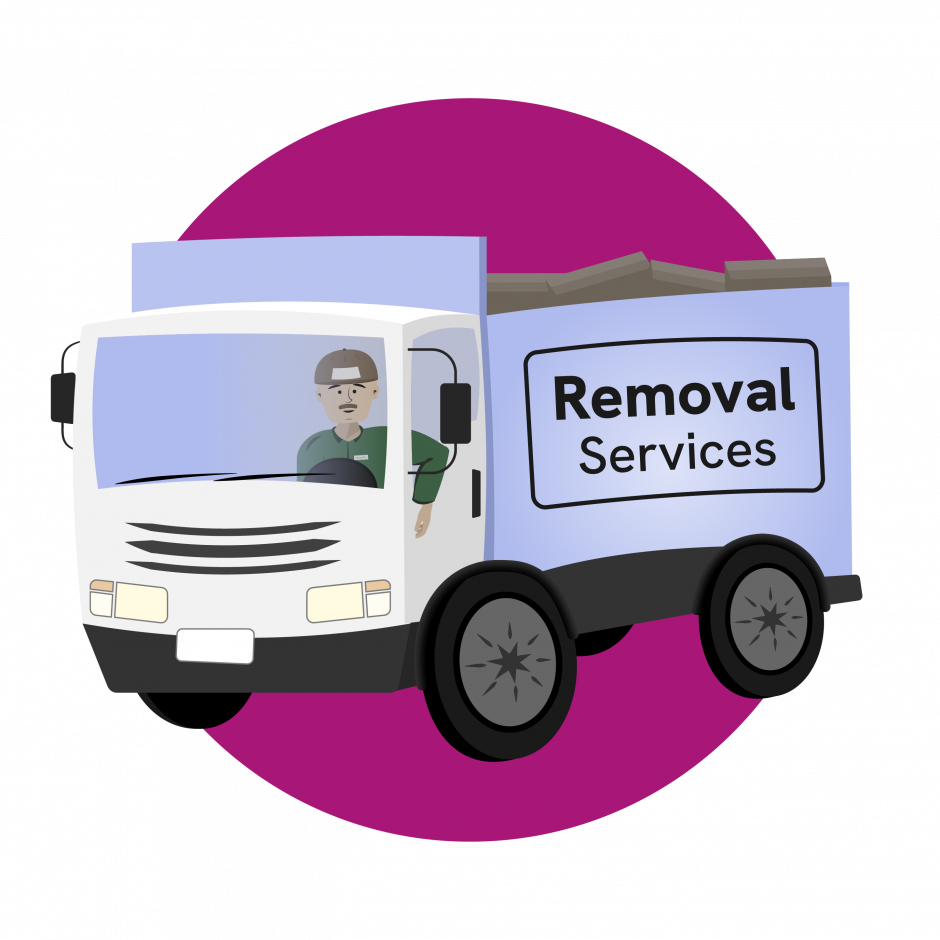
Who do we Partner with?
CCRH maintains research partnerships with community organizations in diverse sectors, such as social housing, public safety, community health, mental health, homelessness advocacy, and older adult services. These organizations have valuable expertise from working directly with people affected by hoarding. They understand the support systems available in the community and the cultural context in which they operate, and – most importantly – they understand the challenges and rewards of their jobs.

CCRH also partners with Lived Experience Advisors, members of the community who have personal experience with hoarding and who have been directly involved in community interventions related to their hoarding. They bring unique insights that researchers and community agencies often overlook and help emphasize the importance of language and perspective.
The Advisory Team
The Advisory Team was established in September 2020 to provide intellectual leadership to the Centre, with the long-term goal of creating a data-informed roadmap for community approaches to harm reduction in hoarding. The Committee consists of academic, community, and lived-experience partners who offer input and guidance on research, ethics, and communication. Academic partners focus on research design, measurement development, synthesis, and communication of research results. Community partners contribute content expertise from direct engagement with service users, understanding of community support systems, and their knowledge of the cultural frames within which much of their work occurs. Our Lived Experience Advisors (LEAs) bring unique insights, such as identifying neglected assessment domains and the impacts of language choice and perspective.
Why do we Partner with LEAs and Community-Based Service Providers?
Hoarding presents a complex challenge for communities because its social effects span across multiple service sectors. This means that various service providers who do not typically work together must collaborate to address health and safety issues effectively. By drawing from the knowledge of service providers and individuals with lived experience, CCRH aims to produce research that is relevant, practical, and sensitive to the needs of everyone affected by hoarding. Ultimately, our community partnerships support our long-term vision of creating an evidence-based protocol for harm reduction in hoarding.

The Role of Partnerships in Developing the HEATH
Effectively addressing hoarding requires the collaboration of multiple agencies, but staff members in these various agencies have different professional training, access to different resources and tools, and different responsibilities as a part of their job. When people from distinct agencies are trying to work together on a hoarding case, these contrasting approaches can present challenges with assessment and communication, both among professionals and with the client.

In acknowledgement of the unique perspectives, we collaborated with providers from diverse agencies to create an environmental assessment tool that could be used by professionals from any type of job. We recruited 34 highly experienced professionals working in allied behavioural health, code enforcement, housing, animal welfare, first response, and professional organizing. These dedicated partners worked with us in a series of online discussions over the course of three months. The final result was a list of the most important risk factors they agreed are crucial to assess in hoarding cases. That list formed the basis of the Home Environment Assessment Tool for Hoarding (HEATH), which can improve consistency in assessment of health and safety risks in hoarded homes and promote a collaborative approach in working with hoarding. Learn more about the development of the HEATH here.
Partner Organizations

Lookout Housing and Health Society
British Columbia
Provides housing and support services to adults at risk of homelessness across the province of British Columbia. Their Assisted Reduction in Clutter and Hoarding (ARCH) program focuses on tenants with hoarding.
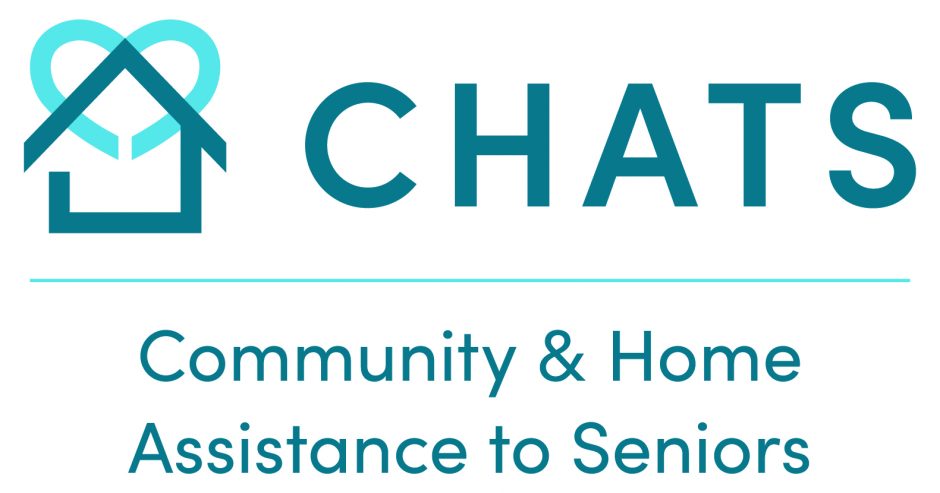
Community & Home Assistance to Seniors (CHATS) Ontario –
Tenancy Risk Reduction Service (TRRS) program
Ontario
Provides individualized support to adults who are at risk of homelessness due to hoarding behaviours. Services include a comprehensive assessment, an individualized service plan and ongoing care coordination. CHATS services the York Region and South Simcoe areas of Ontario.
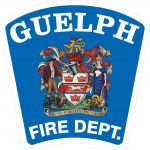
Guelph Fire Department
Ontario
Servicing the city of Guelph, Ontario, the Guelph Fire Department responds to fire safety concerns and can enforce violations under the Ontario Fire Code. These violations include risks related to hoarding behaviours such as blocked exits, missing or broken fire doors, severe electrical problems, improperly stored flammable liquids, and unsafe accumulation of combustible materials.
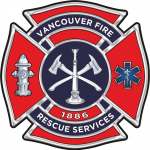
Vancouver Fire Rescue Services
British Columbia
Serves the city of Vancouver, British Columbia, providing fire, medical first response, rescue and extrication services, including those related to hoarding.
The Hoarding Action Response Team (HART) is a first of its kind partnership between the city’s fire department and regional health authority. The HART team aims to provide safe outcomes for people affected by hoarding behavior by coordinating supports for residents impacted by hoarding.

Wellington Guelph Hoarding Response (WGHR)
Ontario
The WGHR is a network of community organizations that includes service providers from the following fields: emergency response; law enforcement; education; and community, health, and social services. These organizations work together in an effort to better understand and respond to hoarding in the Wellington-Guelph region of Ontario.
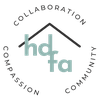
Hoarding Disorder Foundation of Alberta (HDFA)
Alberta
Formed in 2019, the Hoarding Disorder Foundation of Alberta (HDFA) is a charitable organization whose purpose is to provide compassionate, informed, collaborative supports and services for people who struggle with hoarding behaviours and their loved ones.
Find out more about the people in the community!
Curious for More?


